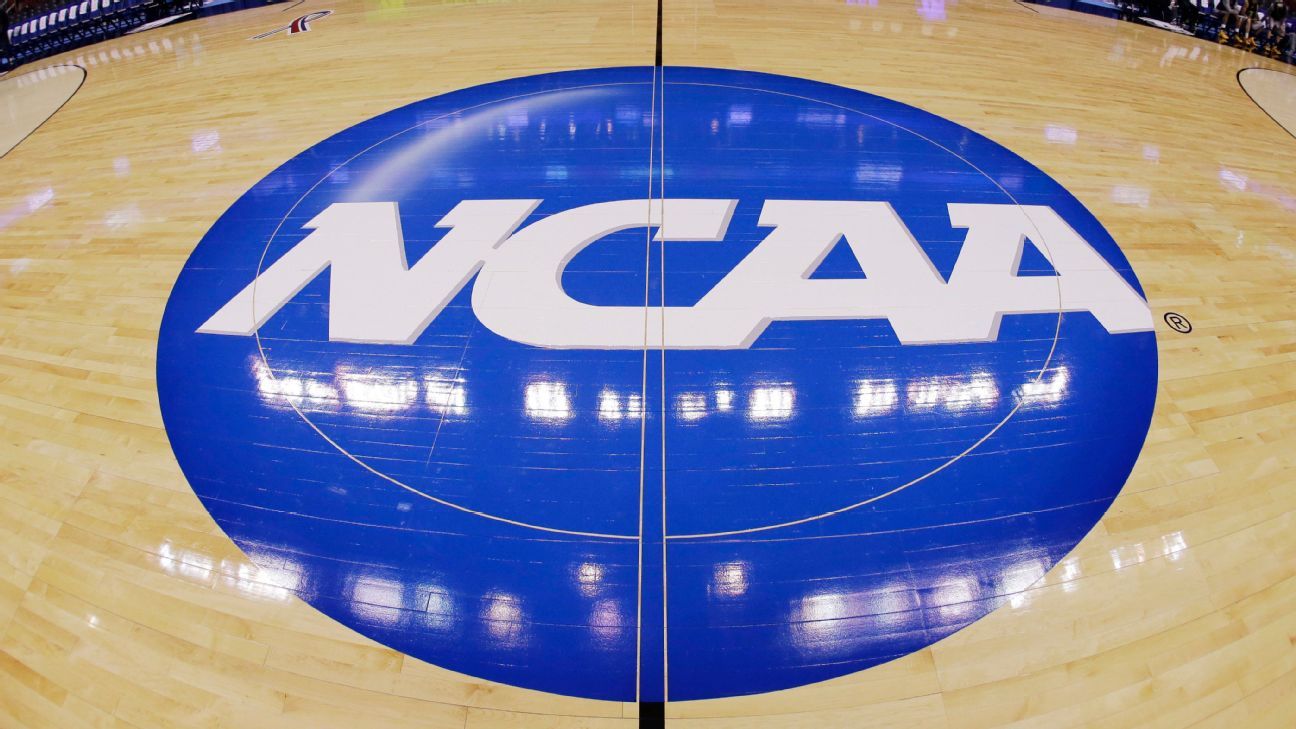
Days after a multibillion-dollar legal settlement changed college athletics by allowing schools to directly pay their athletes, the most powerful conference commissioners are bullish in their ability to enforce NIL rules in a new system, even though specific punishments remain unclear.
Hours after the House v. NCAA settlement was approved on Friday, former MLB executive Bryan Seeley was named CEO of a new enforcement organization called the College Sports Commission. His job will be to lead the team responsible for enforcement of the new rules around revenue sharing, third-party payments to players for NIL deals, and roster limits.
One of the biggest questions, though, is what happens when those rules are broken?
ACC commissioner Jim Phillips, who spoke Monday on a Zoom press conference with fellow commissioners Greg Sankey (SEC), Tony Petitti (Big Ten), Brett Yormark (Big 12) and Teresa Gould (Pac-12), said they've all had ideas, but nothing they're "ready to come forward with." Ultimately, Phillips said, the rules and boundaries will be under Seeley's purview.
"We're in the process of developing some of those rules and structure and overall implementation of that," Phillips said. "Now that we have Bryan on board, I think we'll be able to move a little bit quicker. But we want to get this right. It's one of those areas that until you have somebody leading the College Sports Commission, it's difficult to get together with that individual and start some of that framework that will be in place."
Yormark called it "progress over perfection," and said that while there will be challenges, they will meet them over time.
"Our schools want rules, and we're providing rules, and we will be governed by those rules," Yormark said, "and if you break those rules, the ramifications will be punitive."
The annual cap is expected to start at $20.5 million per school in 2025-26 and increase every year during the decade-long deal. Those payments will be in addition to scholarships and other benefits the athletes already receive. Starting June 7, players have to report NIL deals of $600 or more to the College Sports Commission.
LBi Software and accounting firm Deloitte will monitor salary cap management and the NIL clearinghouse, an online platform called NIL Go. Those NIL deals will be outside of the revenue directly shared by schools, and will be vetted to determine if they are for a valid business purpose - not recruiting.
Sankey met with his head coaches in football and men's and women's basketball this past February, and said he has asked the same question at every level - including up to the university presidents.
"If you want an unregulated, open system, just raise your hand and let me know," Sankey said. "And universally, the answer is 'no. We want oversight. We want guardrails. We want structure.' Those individuals don't have the luxury to just say that in meeting rooms, period. They don't have the luxury to just be anonymous sources. They have a responsibility to make what they've sought - what they've asked for - to make it work."
The commissioners agreed, though, that in order to "make it work," they need Congressional help. Sankey, who said he played golf recently with President Donald Trump and Notre Dame athletic director Pete Bevacqua, continued to stress the need for an "effort to preempt state laws."
"Congress exists to set national standards, and we're not going to have Final Fours and College Football Playoffs and College World Series with 50 different standards," Sankey said. "Codification of at least settlement terms or around settlement terms would be enormously healthy."
Sankey said he has always "appreciated [Trump's] interest in college sports," and while it was "helpful for me and Pete as well to hear his thoughts and his perspectives, and to share some of ours," he said those are "best left for the moment on the golf course."
Even with a multitude of questions still looming, Phillips said college athletics is in a "much better place" than it was 48 hours ago, before the settlement was approved.
"What's not debatable is that this new model does bring stability and fairness to student-athletes in college sports," Phillips said, "and we've been in an unregulated environment with no rules and no enforcement. It has paralyzed the NCAA in Indianapolis, and we're responsible for certainly some of that. We're now going to have a foundation and structure laying out those rules. The new structure provides our student-athletes with more opportunities and benefits than ever before."

